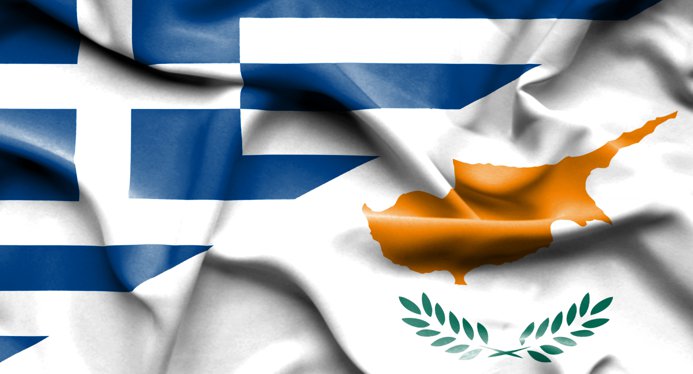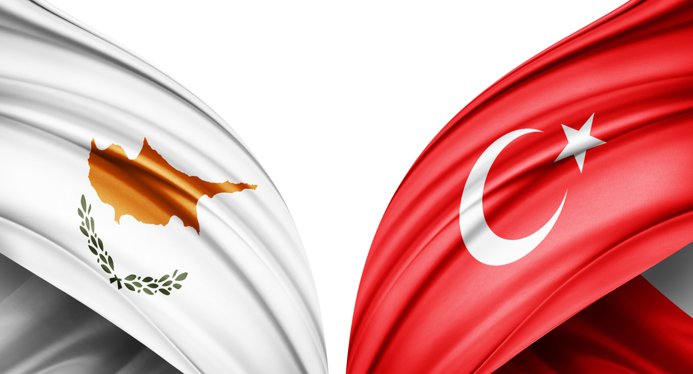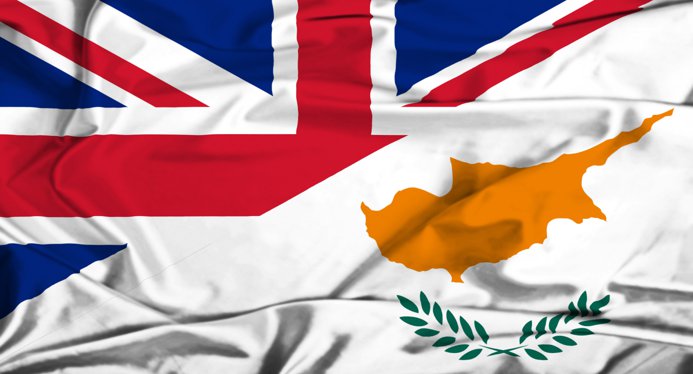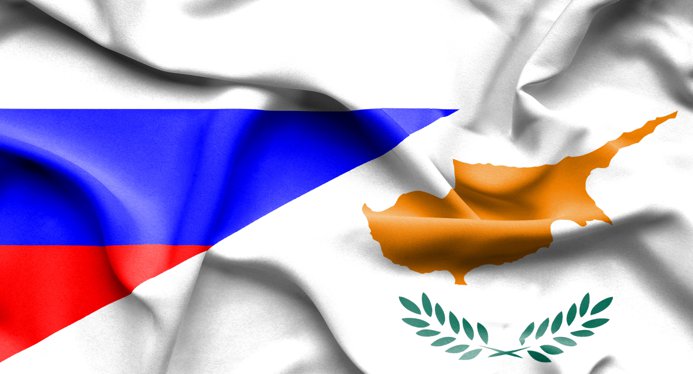Languages in Cyprus: a tapestry of cultural and linguistic diversity

Cyprus, an enchanting island nestled in the heart of the Mediterranean Sea, is renowned not only for its breathtaking natural landscapes and rich historical heritage but also for its diverse linguistic landscape. The language spoken in Cyprus reflects the island’s complex history and cultural mosaic. This article delves into the languages in Cyprus, offering insights into the Greek language in Cyprus, the Turkish language in Cyprus, the prevalence of English language in Cyprus, and the rising influence of the Russian language in Cyprus.
Greek language in Cyprus

The Greek language holds a venerable position as the official language of Cyprus, deeply rooted in the island’s history and daily life. The historical background of the Greek language in Cyprus dates back to antiquity, showcasing a continuous evolution from the Mycenaean Greek inscriptions to the modern-day Cypriot dialect. This dialect stands as a unique variant of Modern Greek, characterized by its distinct phonetic and lexical features, which differ notably between village and urban settings. The importance of learning Greek, both for residents and tourists, lies in its role as a gateway to fully experiencing the island’s culture and traditions.
Turkish language in Cyprus

In the northern part of the island, the Turkish language thrives, especially in areas under Turkish control. This segment of the Cypriot population speaks a dialect of Turkish that has evolved locally, incorporating elements from Cypriot culture and other languages spoken on the island. The current status of the Turkish Cypriot language is a testament to the island’s complex political and social history, reflecting the diverse influences that have shaped Cyprus over the centuries.
English language in Cyprus

The legacy of British governance in Cyprus has left a lasting imprint on the island’s language landscape. English emerged as an official language of Cyprus during British rule and continues to play a pivotal role in the country’s administrative, legal, and educational systems. The prevalence of English in modern-day Cyprus facilitates communication with the vast number of tourists visiting the island each year, highlighting the role of English in the tourism sector and beyond.
Russian language in Cyprus

The Russian language has gained prominence in Cyprus, fueled by the influx of Russian-speaking tourists and residents. The Russian-speaking diaspora, particularly in cities like Limassol, has influenced the local language landscape, adding another layer to Cyprus’s linguistic diversity. This section explores the reasons behind the growing popularity of Russian in Cyprus and its impact on the island’s cultural and linguistic identity.
Cultural considerations and tips for language use
The intricate weave of languages in Cyprus is a mirror reflecting the island’s multifaceted culture and history. Navigating this linguistic diversity not only enriches your experience but also bridges the gap between visitors and locals, fostering a deeper understanding and appreciation of Cypriot life. Below are some practical tips for effectively communicating in Cyprus, whether you’re a long-term resident or a fleeting visitor:
- Learn basic phrases in Greek. While many Cypriots are proficient in English, making an effort to speak Greek can significantly enhance your interactions. Simple greetings, thank-yous, and common questions can go a long way in showing respect for the local culture. Phrases like «Kalimera» (Good morning), «Efharisto» (Thank you), and «Poso kanei?» (How much is this?) are great starters.
- Understand the role of English. English is widely spoken in Cyprus, especially in tourist areas, making it a convenient medium of communication. However, being mindful of when and where to use English is important. In more traditional or rural areas, try to use Greek or at least introduce yourself in Greek before switching to English.
- Familiarize yourself with local dialects and accents. The Greek Cypriot dialect has unique characteristics that differentiate it from standard Modern Greek. Similarly, Turkish spoken in Cyprus varies from the Turkish language as spoken in Turkey. Listening to local conversations and radio or watching local TV can help you get accustomed to these linguistic nuances.
- Use language apps and tools. Technology can be a great ally in overcoming language barriers. Language learning apps, translation tools, and phrasebooks can be invaluable resources for understanding and being understood in Cyprus.
- Show interest in Turkish in the North regions. In areas where Turkish is spoken, showing a willingness to communicate in the local dialect can foster goodwill and mutual respect. Basic phrases in Turkish can be particularly useful in the northern part of the island.
- Embrace the Russian influence. With a significant Russian-speaking population in areas like Limassol, learning a few Russian phrases or understanding basic conversational cues can enrich interactions with the Russian-speaking community.
- Be patient and open to mistakes. Learning and using a new language can be daunting, and mistakes are inevitable. Most Cypriots are patient and appreciative of your efforts to communicate in their language. Use these moments as learning opportunities.
- Respect linguistic sensitivities. Given Cyprus’s complex history, being sensitive to the island’s linguistic diversity is crucial. Avoid making assumptions about someone’s language preferences based on their appearance or name. When in doubt, ask politely which language they prefer.
- Participate in language exchange meetups. Engaging with language exchange groups can provide practical experience and insights into the nuances of local languages. These meetups are also excellent opportunities to learn more about Cypriot culture and make new friends.
- Use language to explore cultural identities. Language in Cyprus is closely tied to cultural identity. Engaging with the island’s languages can be a gateway to understanding the diverse cultural narratives that coexist in Cyprus, from its ancient ruins to modern-day festivities.
By embracing these tips, visitors and residents alike can navigate the linguistic landscapes of Cyprus with greater ease and appreciation. Language is more than just a means of communication; it’s a window into the soul of a culture. In Cyprus, with its rich tapestry of languages and cultures, taking the time to learn and respect local linguistic practices is key to truly experiencing the island’s unique heritage.
The linguistic landscape of Cyprus is as varied and colorful as the island itself, encompassing the Greek, Turkish, English, and Russian languages. This diversity not only reflects the island’s rich historical tapestry but also its dynamic present and promising future. Visitors and residents alike are encouraged to embrace the multilingual nature of Cyprus, exploring and engaging with the different languages that contribute to the unique charm of this Mediterranean gem.
We will send you a content digest not more than once a week